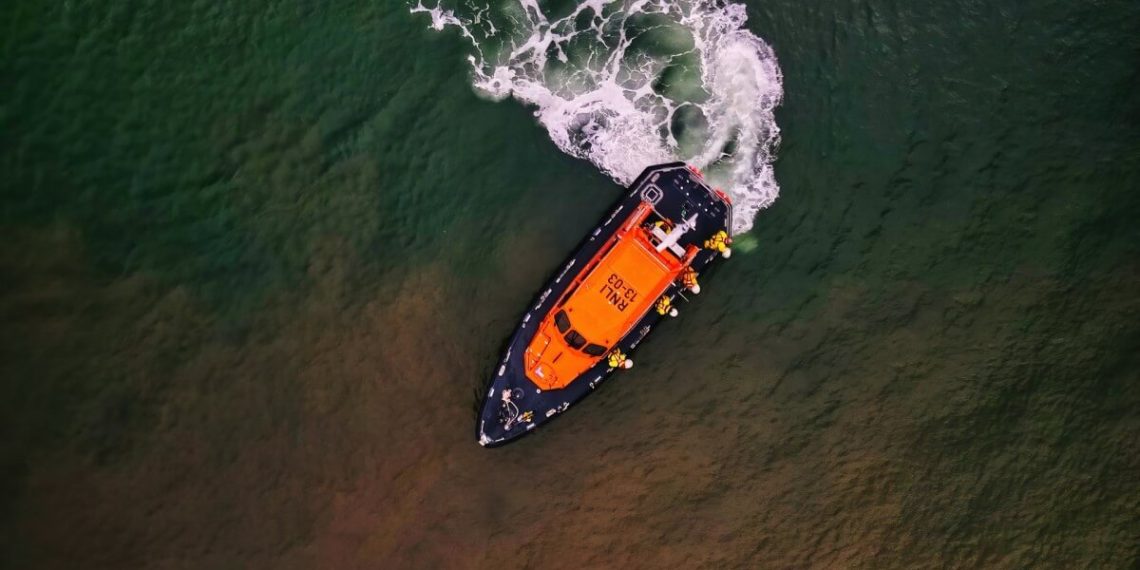Irregular border crossings in Europe have surged to levels not seen since 2016, according to a recent report by Frontex, the European Border and Coast Guard Agency. In 2023, a total of 380,000 detections were recorded, marking a 17% increase from the previous year.
The rise in irregular border crossings was driven largely by increased arrivals via the Mediterranean region, with the Central Mediterranean route emerging as the most active migratory route into the EU. This route accounted for 41% of the total irregular crossings, followed by the Western Balkans at 26% and the Eastern Mediterranean at 16%.
The top nationalities among those detected crossing irregularly were Syrians, Guineans, and Afghans, making up more than a third of all irregular border crossings. In addition, women accounted for 10% of the total crossings and children for another 10%.
Frontex Executive Director Hans Leijtens emphasized the humanitarian aspects of migration, stating, “The numbers presented today show the evolving challenges we face in managing the EU’s external borders. We remain committed to ensuring the security and integrity of the EU’s borders. It’s equally crucial to address the humanitarian aspects of migration. These figures represent not just statistics but real people.”
Of particular note is the 50% increase in irregular border crossings on the Central Mediterranean route compared to 2022, totaling around 158,000. The Eastern Mediterranean route also continued its post-pandemic upward trend with around 60,000 detections, while the Western African route saw over 40,000 incidents.
A significant increase in African migrants, particularly from West Africa, has been evident in 2023, with this group now representing nearly half (47%) of all detected migrants. Additionally, the numbers of unaccompanied minors involved in irregular migration rose by 28% from the previous year, totaling over 20,000.
Despite the challenges, efforts are being made to manage Europe’s borders, with 2,500 EU border guard officers and additional staff in joint operations currently deployed. These efforts aim to balance security and integrity with the humanitarian aspects of migration.
Still have some travel questions? Ask in our Travel WhatsApp Group.








